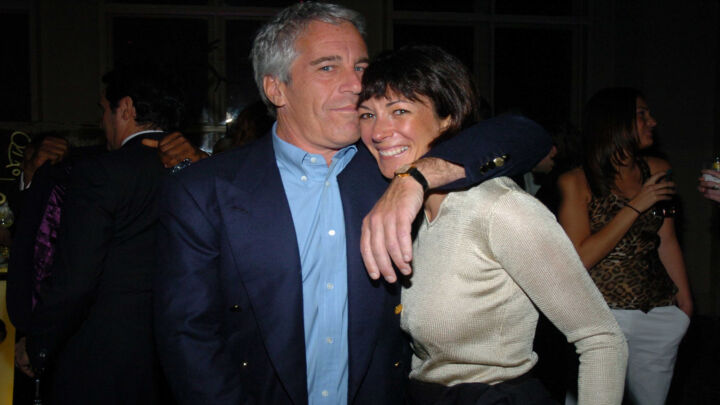The sports pay gap – it’s not sexism, it’s economics

Want unlimited, ad-free access? Become a spiked supporter.
There is no place in sport for equality of outcome. The purpose of competitive sport is to win, and that usually comes at the expense of everyone else. It is a zero-sum game. Plus, much like the entertainment industry – of which sport is undoubtedly a part – the career of a sportsman or the fate of a sports team depends on the support, the expectations and the loyalty of the fans. High-performing teams and players are expected to keep winning and keep the ticket prices up. So, it should come as no surprise that not all professional sports people get paid the same.
Yet, to some, the disparity between what male and female sports people receive in pay and prize money is a blight on our progressive and egalitarian society. A recent BBC article pointed out that men get more prize money than women in 30 per cent of sports. This would come as no surprise to any sporting fan – if anything, the gap is smaller than one might assume.
However, this revelation apparently caused such shock and outrage that it provoked comment from that sleepy and often forgotten UK government ministry, the Department for Media, Culture and Sport. Sport and equalities minister Helen Grant insisted that something must be done to close the gap.
Writing in the Guardian, former British sprinter Jeanette Kwakye noted that she earned less than male sprinters, even if they were, relatively speaking, lower down the sprinting ladder than she was.
Kwakye is right in part. It would be a disgrace if men performing at her level were paid more. But the fact remains that she didn’t perform, physically at least, at her male counterparts’ level. If she ran as fast as the top male sprinters, she would have very likely accrued the same prize money and pay as them. This isn’t because of some sexist conspiracy; it is because more people are interested in male sprinting, because men are, on average, performing at a much higher level.
The libertarian philosopher Robert Nozick demolished the muddy and entitled thinking behind equal pay for sportsmen with his legendary Wilt Chamberlain argument. Wilt Chamberlain was the most famous basketball player of Nozick’s day and he argued that Charmberlain had such a large personal following, that his followers would, hypothetically, pay him directly to watch him play. Chamberlain was the sportsman the public were most eager to watch play and this, Nozick argued, justified Chamberlain earning a higher wage than his teammates. In short, demand drives salaries in sport – and this is as true of the pay differential between men and women as it is of the pay differences among male teammates.
To paint the sporting pay gap as an issue of sexism ignores the unique and highly competitive market sportsmen and women operate in. It might well be the case that certain female athletes are underpaid, but that is for them to agitate against with the relevant sporting authorities. But using notions of sexism in this effort is simply special pleading. Sport is not equal and it never will be.
Rob Harries is a writer and researcher based in London.
£1 a month for 3 months
You’ve hit your monthly free article limit.
Support spiked and get unlimited access.
Support spiked – £1 a month for 3 months
spiked is funded by readers like you. Only 0.1% of regular readers currently support us. If just 1% did, we could grow our team and step up the fight for free speech and democracy.
Become a spiked supporter and enjoy unlimited, ad-free access, bonus content and exclusive events – while helping to keep independent journalism alive.
———————————————————————————————————————————–
Exclusive January offer: join today for £1 a month for 3 months. Then £5 a month, cancel anytime.
———————————————————————————————————————————–
Monthly support makes the biggest difference. Thank you.








Comments
Want to join the conversation?
Only spiked supporters and patrons, who donate regularly to us, can comment on our articles.